OMOTARA FAGBUYI gives a blueprint for building sustainable elderly care
Nigeria is rightly obsessed with its youth bulge, more than two-third of its nearly 233 million
population is under 30. Yet in 2025, a quieter story is the small but steady rise in older Nigerians and the thin patchwork of services around them. People aged 65 and over account for only about three per cent of the population today, yet in a country this large that still means millions of people, and their number will grow rapidly over the next two decades.
According to the United Nations’ World Population Prospects, people aged 65 and over will make up for about 12 percent of the world by 2030 and roughly 16 percent by 2050. Nigeria remains younger than most countries, but its older population is expanding quickly in absolute terms while support services fail to keep pace. This matters because the social scaffolding that once held that in place is shifting as the Japa wave thins the ranks of mid-career professionals who typically bankroll and organise family care.
In recent years, the United Kingdom alone has licensed thousands of Nigerian clinicians, more
than 15,000 Nigerian trained nurses and midwives were on the Nursing and Midwifery Council register, and doctors are leaving too. The Nigeria Association of Resident Doctors reports resident numbers have fallen from about 15,000 to under 8,000 in a decade. On the flipside however, remittances keep most households afloat, roughly $21 billion in 2024 was sent home by the Nigerian diaspora, exceeding foreign direct investment. Yet, a bank transfer cannot lift a frail mother out of a bathtub or supervise a father with early dementia and that is precisely
the practical gap that policy must close.
For many Nigerians, paying at the till remains the dominant way to sort out medical bills, with
around three quarters of all health spending coming out-of-pocket, thus making it among the
highest ratios in the world. It is therefore unsurprising that fewer than one in ten Nigerians have any form of health insurance despite the National Health Insurance Authority’s (NHIA) Act
2022, which makes health insurance compulsory for all residents. For older households on fixed pensions or informal incomes, a hospital bill can be ruinous.
Abuja has made progress, albeit slowly, with the Federal Executive Council in 2021 adopting
a National Policy on Ageing and establishing the National Senior Citizens Centre (NSCC) to
steer inclusion and services. Yet the flagship Older Persons (Rights and Privileges) Bill, the
rights-based backbone for everything from protection against abuse to access to long-term care, which could turn policy into enforceable rights, set standards and open routes to long-term care, still awaits final passage between the National Assembly and presidential assent, after
first being transmitted years ago.
Meanwhile, need is rising, with available estimates placing dementia prevalence among older Nigerian adults at roughly five per cent, a condition still dangerously stigmatised, with
confused elders sometimes accused of witchcraft. Although Nigeria’s pioneer geriatric centre in Ibadan shows what is possible through integrated care, such services remain the exception, leaving families to shoulder complex ageing alone until costs return as crowded emergency wards and avoidable deaths.
The classic model of adult children nearby, a daughter or daughter-in-law as primary carer, a
pastor or imam on call is buckling under the weight of urbanisation and international migration.
Children abroad can wire money and arrange deliveries, but they cannot not sit in emergency
rooms, chase prescriptions across town, not coax a reluctant parent into physiotherapy. Even when families look for help, they encounter a thin and largely unregulated market, with few reliable home care agencies, scarce adult day centres and only a handful of states, Lagos among them, beginning to set standards.
The point is simple, a functioning care system is not a luxury, but a productive infrastructure
that will also keep older people healthier and independent for longer, reduces hospital
readmissions, and frees up working-age carers, mostly women, to stay back in paid work. With
pension coverage concentrated in the formal sector, about 10.5 million registered Retirement
Savings Accounts in a labour force dominated by informality, most retirees will rely on
savings, family and remittances. Therefore, channelling a fraction of those remittance flows
into regulated, tax-favoured wallets designed for healthcare would multiply impact and
stabilise demand for home- and community-based services.
Done properly, this is also a silver-economy opportunity to train geriatric aides, occupational therapists and dementia navigators; stimulate local manufacturing of basic assistive devices and build quality-assured day centres and respite homes under public-private partnerships.
PenCom’s push to diversify pension assets into commercially viable infrastructure could
include age-friendly clinics and assisted-living pilots with transparent tariffs, published
inspection results and ring-fenced consumer protections as non-negotiables.
Immediate policy levels to set the ball in action are within reach. Firstly, fast track the Older
Persons Bill to create enforceable rights and a regulatory spine for long-term care, and issue
national minimum standards with an inspection regime for care homes and adult day centres,
drawing on the early state templates. Secondly, make insurance meaningful for old age by
perhaps publishing and funding a NHIA geriatric benefits package that covers annual
comprehensive assessments, falls preventions, hypertension and diabetes bundles, post stroke
rehabilitation and community dementia support. Thirdly, enforce the 2018 accessibility law
which allowed a five-year transition to make public building accessible because older
Nigerians benefit from the same ramps, handrails, lifts and tactile cues mandated for persons with disabilities.
Every local government should be required to host at least one age-friendly hub embedded
within a primary health centre, not as a showpiece but as a working service that offers a day space, basic rehabilitation equipment, continence advice, short stay respite beds and a practical class for carers so that help is available before a wobble becomes an admission. The University College Hospital model in Ibadan has already demonstrated that multidisciplinary geriatric care is feasible in Nigeria. The challenge therefore is to scale a leaner template that keeps costs
down while preserving standards, allowing families to find support close to home, rather than waiting for a crisis to push an older relative through the doors an overwhelmed emergency
department.
Provision means very little without protection, which is why the system must treat safeguarding as seriously as service delivery, recognising that older people are frequently exposed to financial, physical and psychological abuse, and to harmful practices dressed up as
deliverances. Police officers and social works need to be trained to identify, document and
prosecute abuse while survivors can report safely and receive help without delay. A right-based law would give this machinery a legal spine, and public education delivered through churches, mosques, and neighbourhood associations would shift norms so that dignity is guarded before damage is done. Technology should also be designed for the people who will actually use it, not the ones we wish we had. This means acknowledging the gaps in smartphones and broadbands, particularly for poorer and less digitally skilled older adults.
The centre of gravity remains the family, and this holds true for many African homes,
particularly in Nigeria. Therefore, policy should make that choice sustainable rather than
punitive by ensuring adult day centres provide provision, physiotherapy and companionship
that prevent decline. Trained homecare aides who are paid, supervised and registered bring
reliability to the front door, while dementia-friendly socio-cultural programmes reduce stigma while keeping elders connected to community, and small assisted-living options give a safe alternative to those who can no longer live alone. More importantly, language matters here,
because care centres should signal companionship, safety and rights, not abandonment.
Nigeria is ageing faster than it is building an inclusive care system, and the notion that time is
on its side because of its younger population has already been punctured. The tools for policy
largely exist in form of a national ageing policy, a functioning agency, a draft right bill and
insurance machinery that can be adapted. The money is there too, in remittances, pension funds seeking reliable social infrastructure and modest public budgets that prevent costlier
emergencies later. This means that what is missing is not a plan but resolve, and if we invest in facilities that help families keep faith with their older relatives, Nigeria will buy time, dignity and productivity while proving that a nation celebrated for youthful hustle also knows how to honour a life well lived.
Dr Fagbuyi is a UK-based strategic communications professional and policy analyst



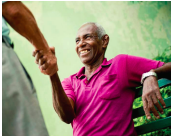


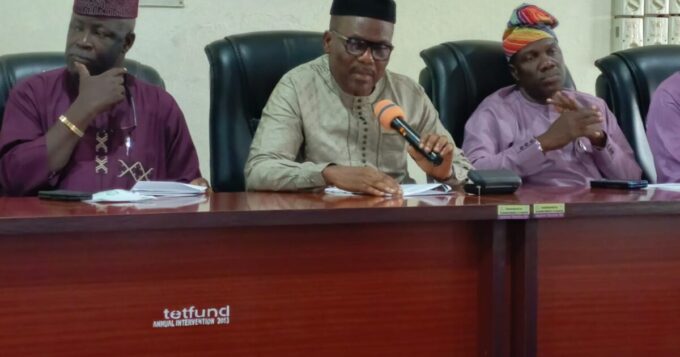



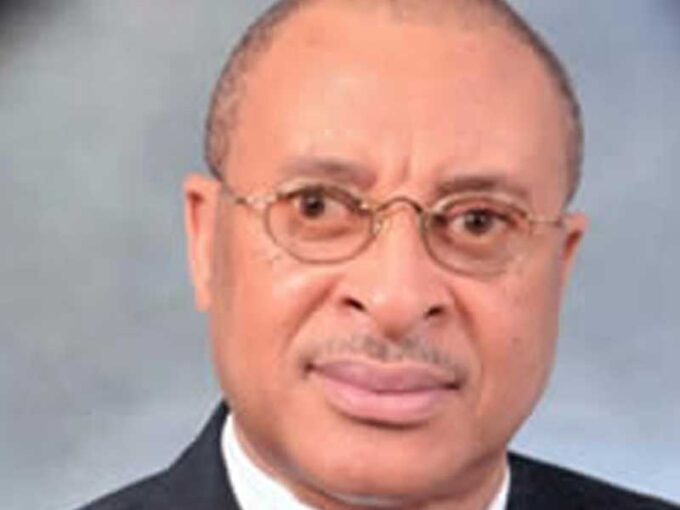

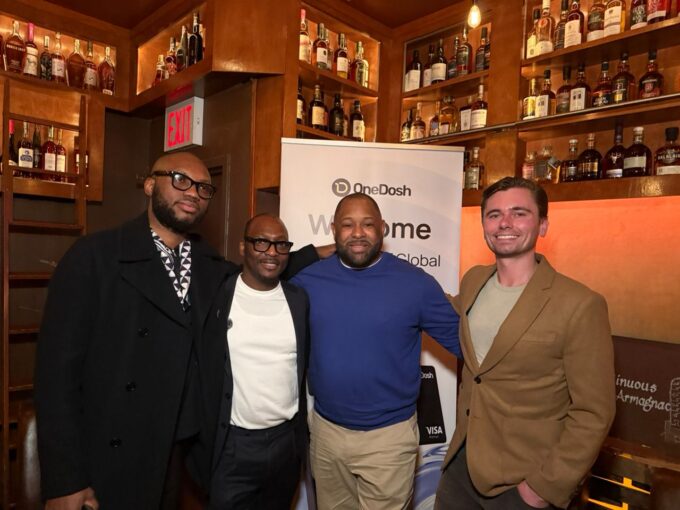


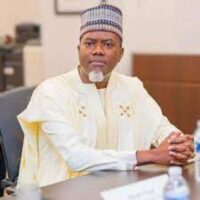


Leave a comment